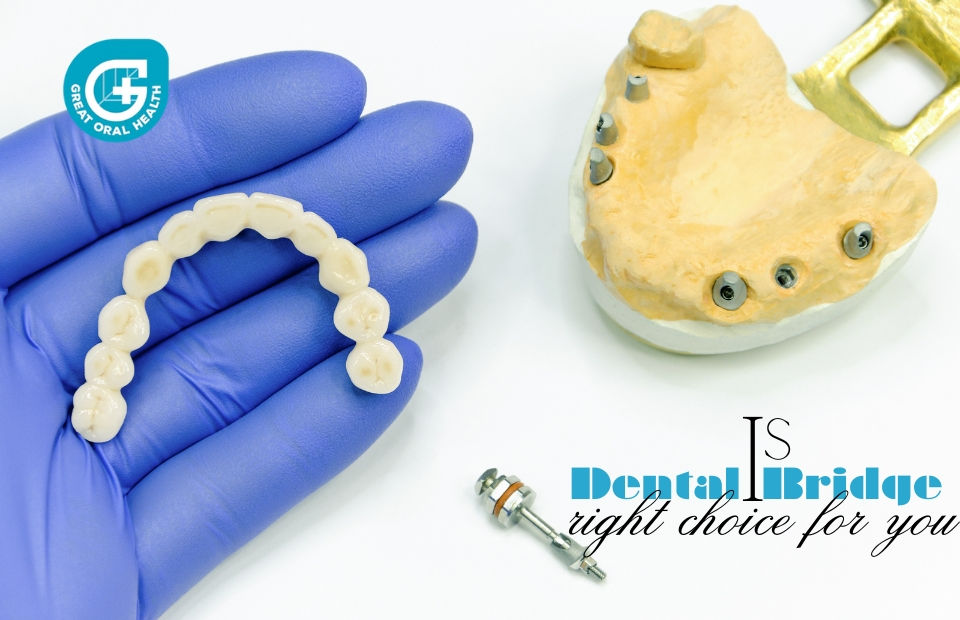Do Teeth Have Nerves?
- greatoralhealthinc
- Jul 13, 2023
- 3 min read
Introduction:
Teeth are a fundamental part of our oral health and play a vital role in our daily lives. They allow us to bite, chew, and speak, while also contributing to our facial aesthetics. When it comes to dental health, understanding the underlying structure of teeth and the presence of nerves within them is crucial. In this article, we will delve into the intricate world of dental anatomy and explore whether teeth have nerves.

The Anatomy of Teeth:
To comprehend the concept of dental nerves, we need to first understand the anatomy of teeth. A tooth consists of several layers, each with its specific function. The outermost layer is the enamel, which is the hardest and most mineralized substance in the human body. Beneath the enamel lies the dentin, a dense, bonelike tissue that comprises the majority of the tooth structure. Finally, at the core of the tooth, we find the pulp chamber, which houses vital structures such as nerves and blood vessels.
Read More: Are Your Teeth Bones
The Pulp Chamber and Dental Nerves:
The pulp chamber is a central space within the tooth that extends from the crown to the root. It contains a soft connective tissue known as dental pulp, which is rich in blood vessels, lymphatic vessels, and nerves. These nerves, known as dental nerves or pulp nerves, branch out from larger nerve bundles called dental plexuses, which are connected to the trigeminal nerve—the main sensory nerve responsible for facial sensations.
The Role of Dental Nerves:
Dental nerves have a significant role in tooth sensation and pain perception. They are responsible for transmitting sensory information from the teeth to the brain, allowing us to perceive sensations such as temperature, pressure, and pain. The presence of dental nerves is why we may experience discomfort or sensitivity when exposed to hot or cold foods, sweets, or during dental procedures.
Dental Sensitivity and Nerve Irritation:
Dental sensitivity is a common issue experienced by many individuals. It manifests as a sharp, often transient pain that occurs in response to various stimuli, such as hot or cold foods, acidic substances, or even brushing and flossing. When the protective enamel layer becomes worn down or the dentin is exposed, external stimuli can reach the underlying dental nerves more easily, resulting in sensitivity.
Causes of Dental Nerve Irritation:
Several factors can lead to dental nerve irritation and subsequent sensitivity. These include:
Tooth decay: As bacteria break down sugars in the mouth, they produce acid that can erode the enamel and expose the dentin, leading to nerve irritation.
Gum recession: Receding gums can expose the root surfaces of the teeth, which have a thinner layer of protective enamel, making them more susceptible to sensitivity.
Tooth grinding (bruxism): Excessive teeth grinding can wear down the enamel, causing sensitivity and potentially leading to nerve irritation.
Dental procedures: Some dental treatments, such as tooth whitening, fillings, or crown placement, can temporarily irritate the dental nerves, resulting in sensitivity that typically subsides over time.
Explore More: Parts of a Tooth
Treatment and Prevention:
Addressing dental sensitivity often involves identifying and addressing the underlying cause. Dentists may recommend various treatment options, such as desensitizing toothpaste, fluoride applications, dental bonding, or dental restorations to protect exposed dentin. Maintaining good oral hygiene practices, including regular brushing, flossing, and dental check-ups, is essential for preventing dental issues and minimizing the risk of nerve irritation.
Conclusion:
Teeth are not simply lifeless structures within our mouths. They contain a complex network of nerves that play a crucial role in our ability to perceive sensations. Dental nerves enable us to experience temperature, pressure, and pain, but they can also become irritated and lead to dental sensitivity when exposed. Understanding the presence of dental nerves and their role in dental health empowers us to take better care of our teeth, seek timely dental treatment, and ultimately enjoy a healthy and pain-free smile. Remember, regular dental check-ups and proper oral hygiene practices are key to maintaining optimal oral health.



Comments